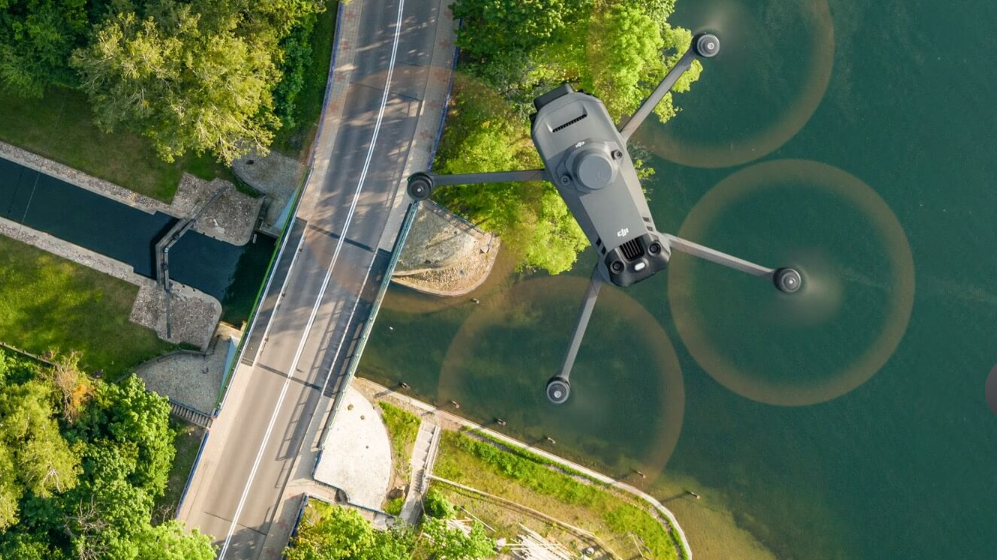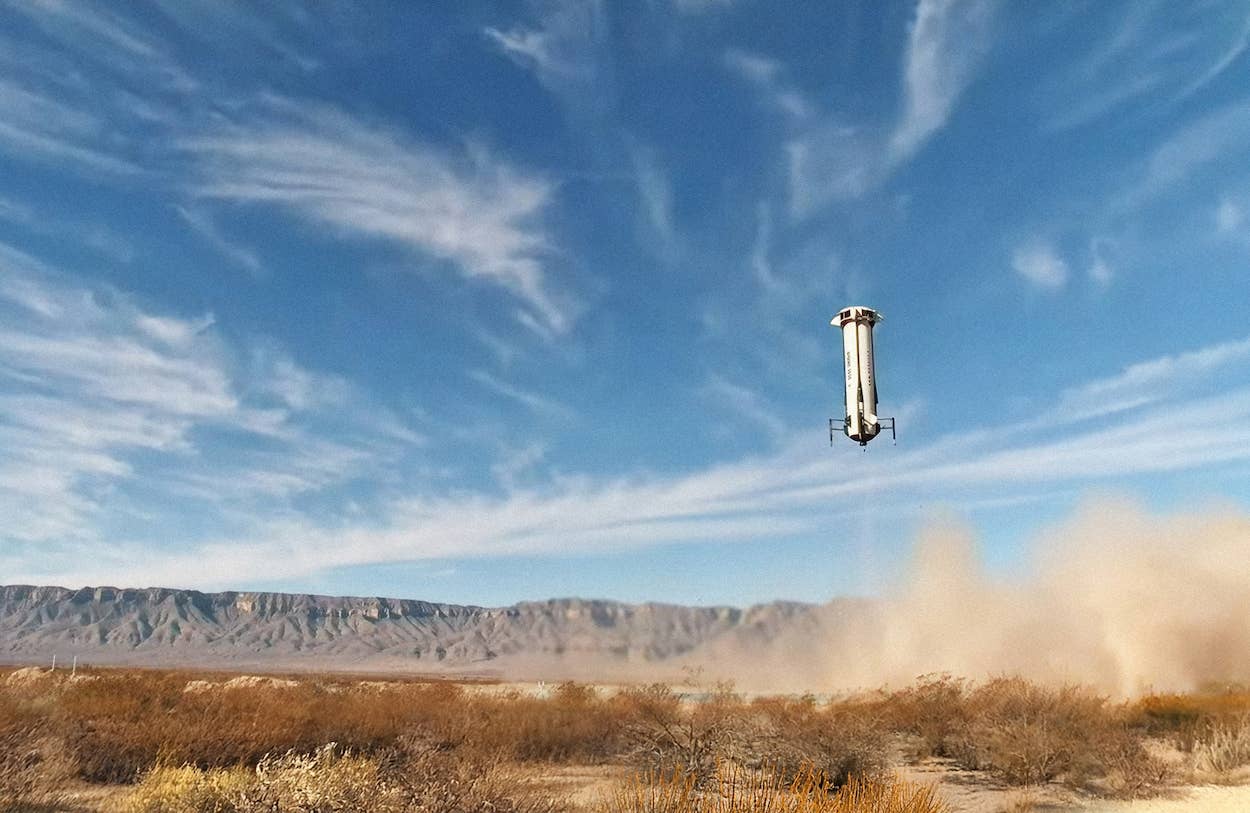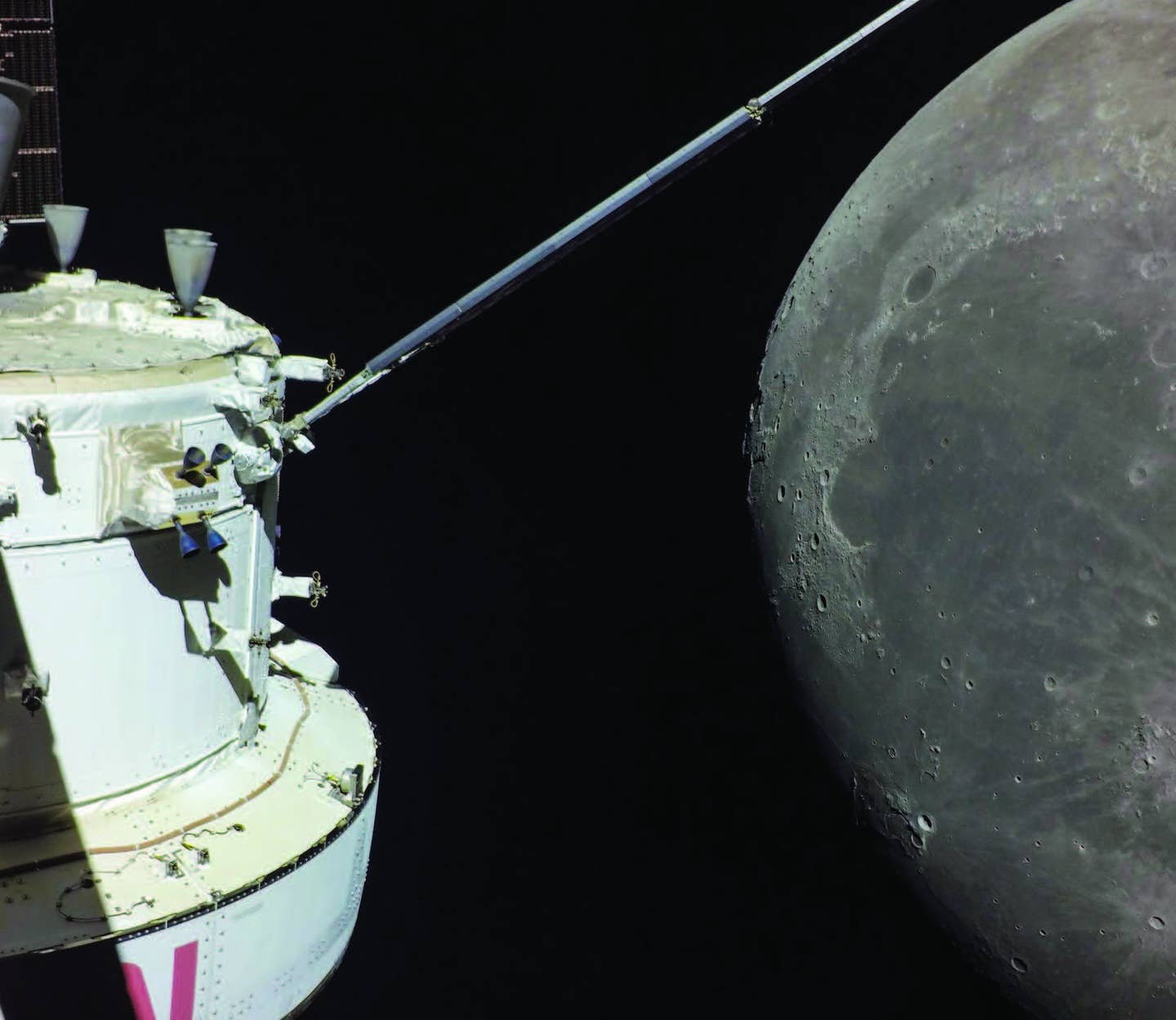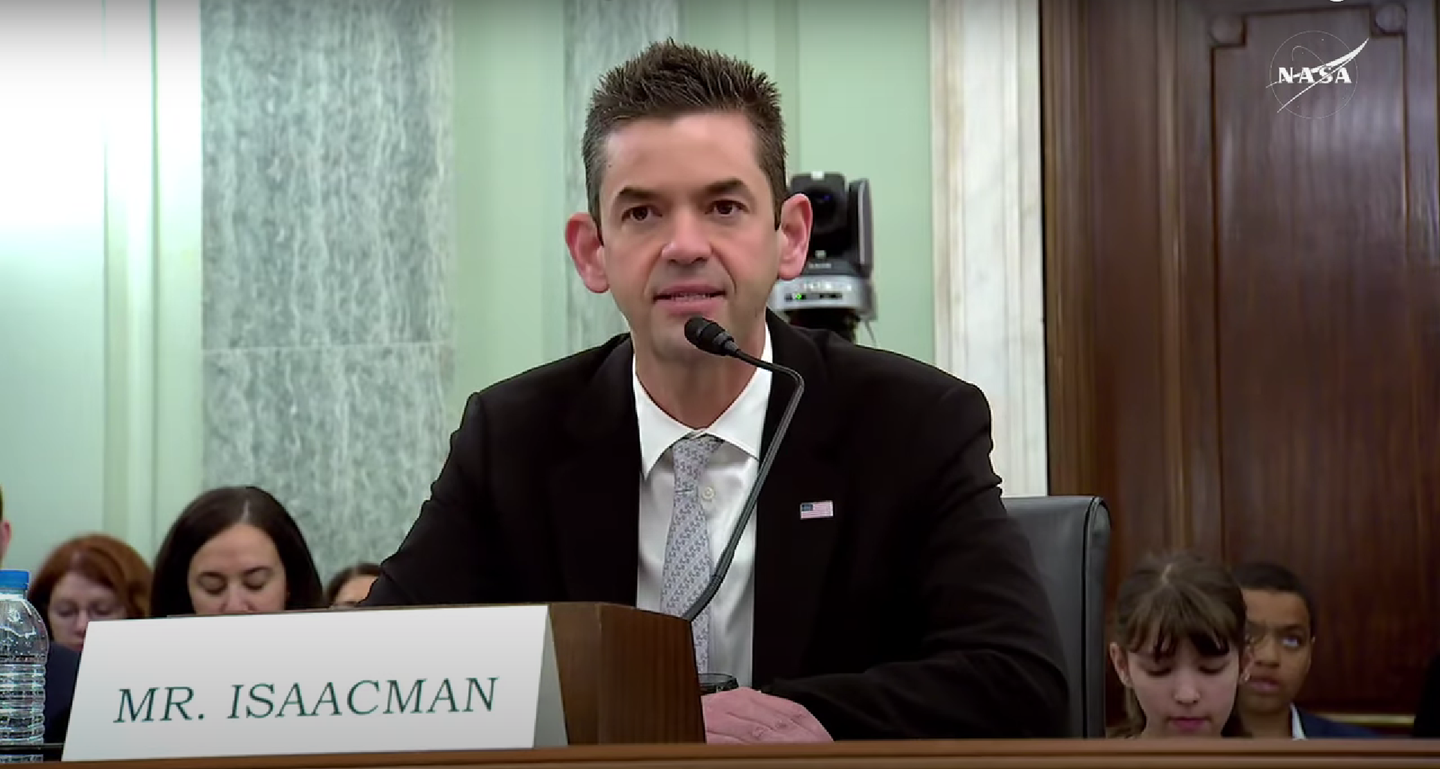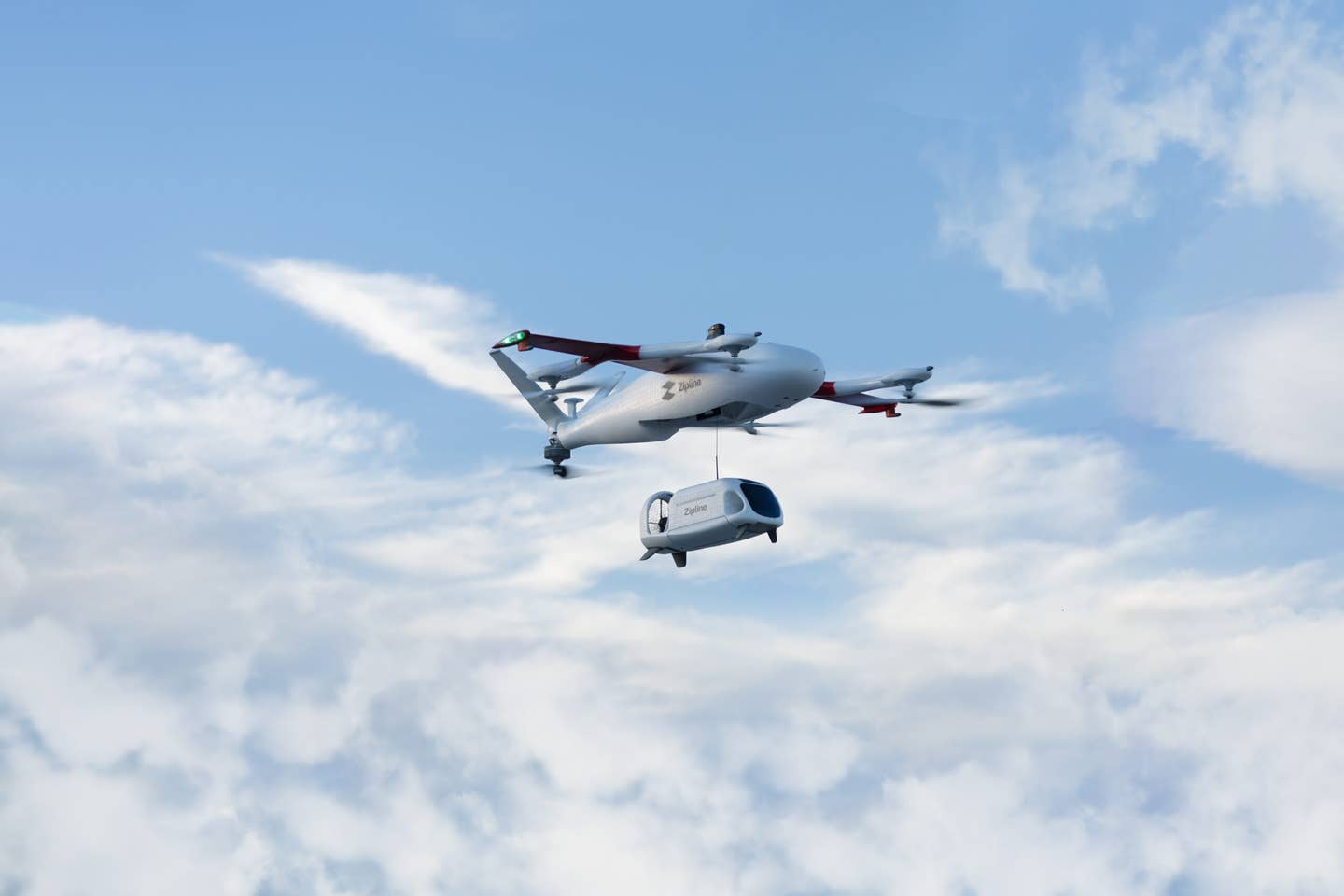Air Force Awards Xwing Autonomous Flight System Development Contract
Xwing and the U.S. Air Force have begun autonomous flight trials of the firm’s Superpilot flight control system aboard a Cessna 208 Caravan.
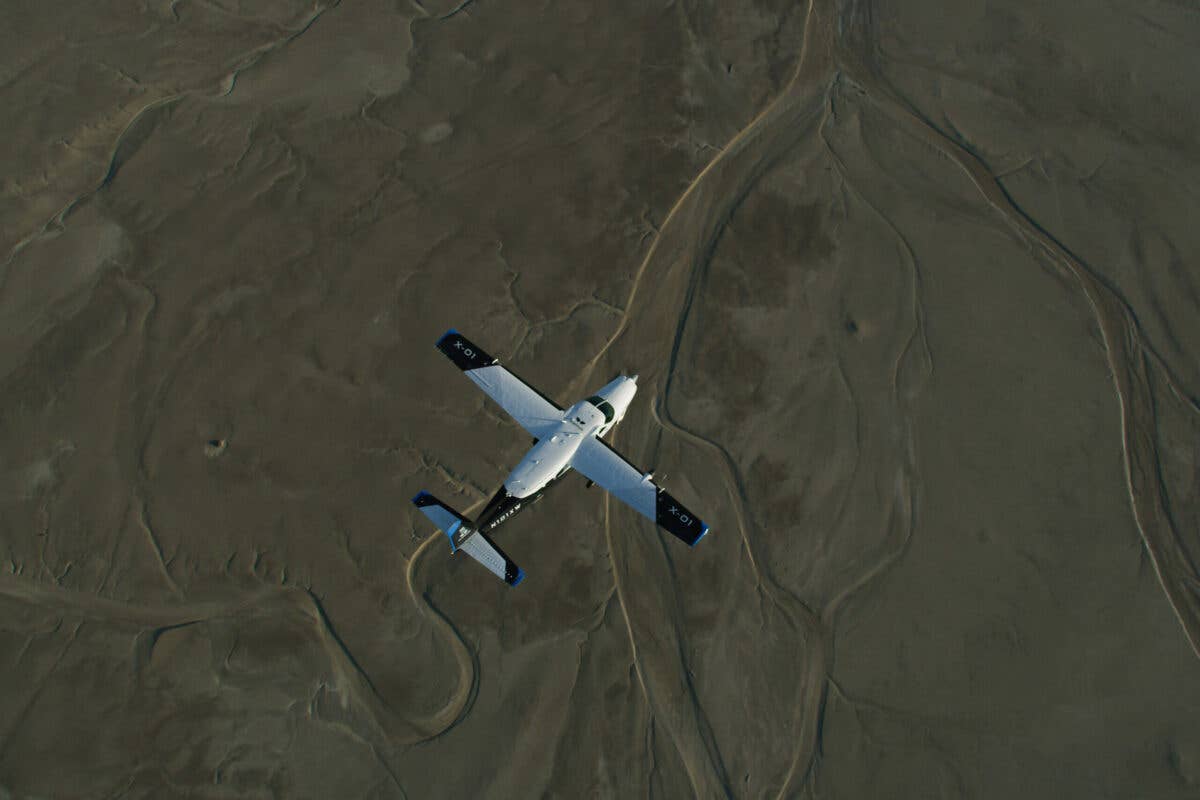
Xwing and the U.S. Air Force have begun autonomous flight trials of the firm’s Superpilot flight control system aboard a Cessna 208 Caravan. [Courtesy: Xwing]
Bay Area-based Xwing, which already boasts contracts with NASA and the FAA, may have just nabbed its most important partnership yet.
The autonomous aviation firm on Thursday announced it had been awarded a Phase II Small Business Innovation Research (SBIR) contract with the U.S. Air Force’s AFWERX Prime program, an initiative launched in 2020 to speed the commercialization of emerging markets—and to give the Air Force a pipeline for groundbreaking technology.
Through the agreement, Xwing and the Air Force have already begun autonomous flight trials of the firm’s "Superpilot" flight control system aboard a Cessna 208 Caravan in Northern California. The trial period will last 21 months, during which time pilots and commanders will be able to offer feedback on the system’s usability.
While Superpilot is billed as an autonomous flight solution, it won’t take pilots out of the equation for these tests. Crew members will be present, but they won't have anything to do in the cockpit—the system can navigate and make evasive maneuvers on its own, detecting obstacles in the air and on the ground using an array of sensors and cameras. A ground crew will also supervise each flight.
Once the system achieves certification, the onboard pilot will be removed and the plane will fly fully autonomously, monitored by the ground crew.
Superpilot’s other key feature is technology that allows the system to “learn” from data derived from thousands of commercial cargo flights each month.
And because the solution is transferable, the Air Force will eventually look to deploy it on other models and enable remote aircraft operations for cargo delivery, intelligence, surveillance, reconnaissance, and medevac.
“Our autonomous flight system provides immediate value for cargo logistics,” said Marc Piette, founder and CEO of Xwing. “The collaboration with the Air Force on these missions will provide valuable insight around high-priority system capabilities and help us to advance our technology toward dual usage in commercial and military operations.”
Crucially, Superpilot is already on the path to FAA certification. Last month, it became the first standard category large unmanned aircraft system (UAS) to receive the agency’s official project designation. That makes it the first UAS certification project designed to meet airworthiness safety standards in line with passenger aircraft and the first to include artificial intelligence.
Essentially, that certification will allow Xwing to transition its entire fleet of Cessna Caravans to fully remote cargo operations. At present, the firm operates as a Part 135 air carrier, flying as many as 400 feeder cargo flights per week for UPS.
Xwing is working with the FAA on a project exploring the integration of large UAS in environments like Fire Traffic Areas, where they’re likely to interact with general aviation. It also has a contract with NASA with the goal of creating a safety management system for “increasingly autonomous” vehicles.
The Air Force contract, though, will allow Xwing to really get in the field. While its other partnerships are focused mainly on integration, this one is all about showing what Superpilot can do in a variety of mission scenarios. It will also give the firm feedback from pilots, which will help it tailor its design around safety.
Xwing likely has a similar path to market as Joby and Archer Aviation, which both have tight working relationships with the military and FAA. Like Xwing, both are in the middle of the certification process, but their aircraft will have a pilot on board—Xwing will eventually remove the crew from the aircraft entirely.
Setting the company apart, though, is Superpilot’s transferability. The ability to operate on multiple different aircraft should garner Xwing plenty of partnerships to get its tech out to market. Add to that the reduced risk from having no human passengers, and the autonomous aviation firm is in a good spot.

Sign-up for newsletters & special offers!
Get the latest FLYING stories & special offers delivered directly to your inbox

